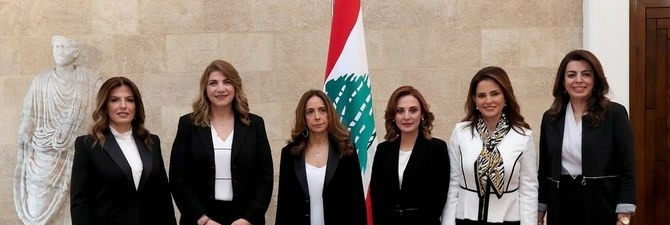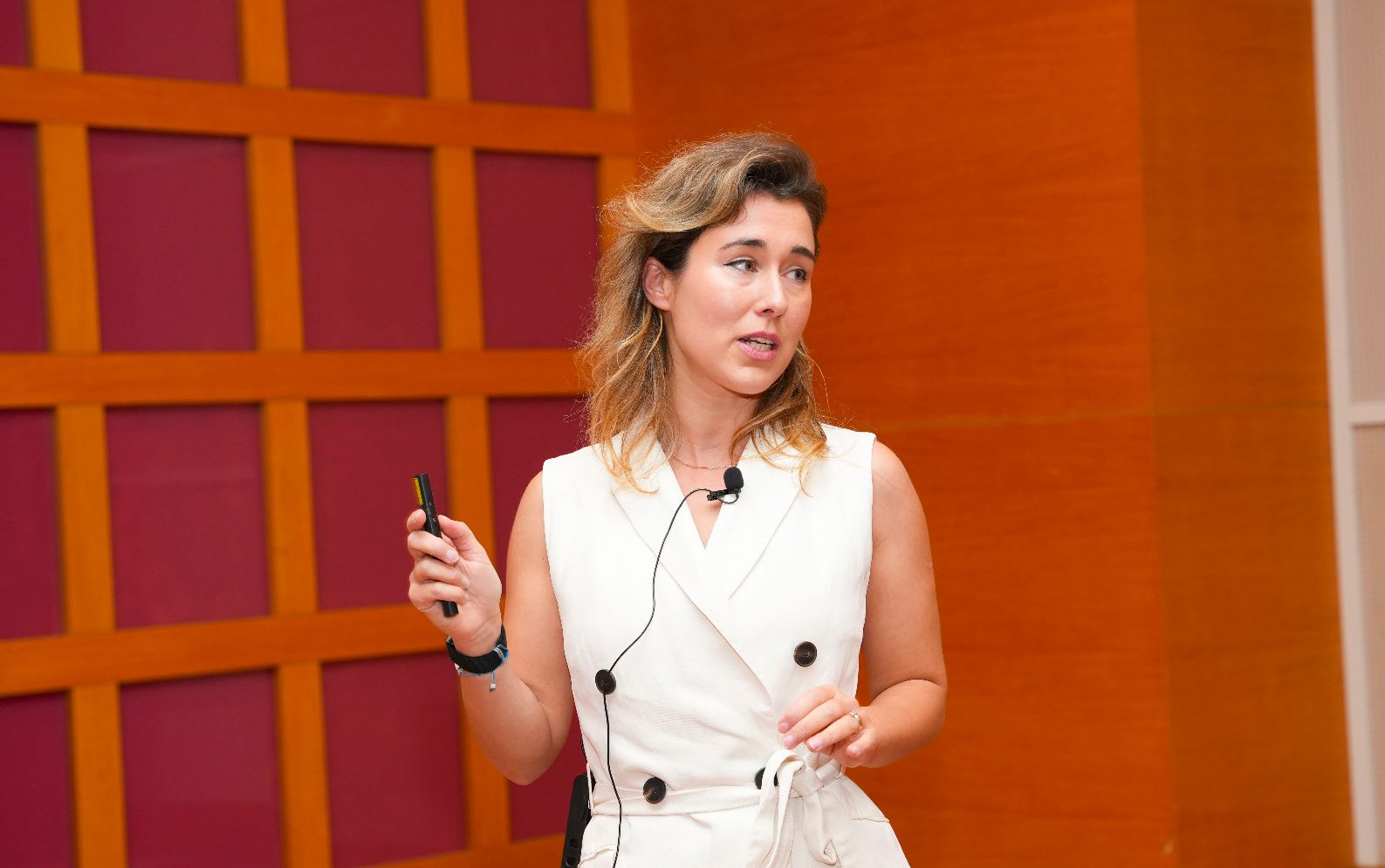In a significant shift for Lebanon, six women were appointed to one-third of the government portfolios, setting a groundbreaking precedent in a challenging political and economic landscape. These women, with diverse academic backgrounds, now helm ministries ranging from defense and justice to media, employment, youth and sports, and the displaced. This historic appointment by the main political parties in Lebanon has brought fresh perspectives and new energy to the country’s political arena.A Record-Breaking Milestone for LebanonThe appointment of these women marks a historic moment for Lebanon. Notably, Zeina Akar made history as the first Lebanese and Arab woman to serve as deputy prime minister and minister of defense.
The presence of women in such pivotal roles raises questions about evolving attitudes towards gender roles in Lebanese society.A Fruit of Decades of Struggle for Women’s RightsIqbal Doughan, a former head of the Lebanese Council of Women and a prominent women’s rights activist, asserts that the appointment of these women is a culmination of 50 years of relentless struggle. Lebanon’s adherence to international agreements on women’s rights has contributed significantly to advancing the status of Lebanese women.Doughan points out that the political landscape in Lebanon is driven, in part, by the desire to showcase compliance with international commitments. While this is a positive step, she stresses that women aspire to achieve gender parity in government appointments based on competence rather than external pressures.Challenges on the Path to EmpowermentWhile the appointment of women to key government positions is a milestone, it does not signify the full empowerment of Lebanese women. Doughan acknowledges that women’s empowerment in Lebanon remains incomplete.
Achieving true empowerment requires changes in existing laws, mentalities, and societal norms.Doughan expresses concerns that after women’s pivotal role in the protests that swept Lebanese streets, they may face the risk of being relegated back to traditional roles once the immediate objectives are achieved. The struggle for gender equality must continue beyond momentary gains.Challenges Faced by Lebanese WomenIman Abdel Nabi Ballout, a student at the Lebanese University, highlights several obstacles faced by Lebanese women in the pursuit of gender equality. These challenges include discriminatory wage gaps, limited opportunities for promotions, restricted access to top administrative positions, and societal barriers against married women or mothers in certain fields.Ballout emphasizes that while the Lebanese constitution guarantees equal rights for all citizens, the practical application of these rights remains elusive due to ingrained societal norms and corruption in politics.
Empowering Women in Politics and Public AffairsStructural barriers, a lack of human resource development concepts, limited societal support, restricted political freedoms, and pervasive political corruption all contribute to the modest representation of women in Lebanese politics and public affairs.Efforts to empower women in Lebanon must encompass comprehensive reforms. A recent decision allowing divorced Lebanese women to obtain family registration statements that include their children’s names is one such step toward recognizing women’s rights and providing them with official documents reflecting their family status.
The Positive Impact of Women in Political LeadershipRanda Yassir, a consultant on gender equality in Lebanon, underscores the profound impact of women’s increased presence in government. The former government, led by Prime Minister Hariri, paved the way for women to head crucial ministries, including interior and energy. This shift had a transformative effect not only in Lebanon but also throughout the Arab world.Yassir acknowledges that women face the same political and security challenges as men but must contend with additional scrutiny and accountability. Breaking free from societal stereotypes and challenging gender-based expectations is a crucial step towards ensuring women’s full participation in political life.













jp81dz